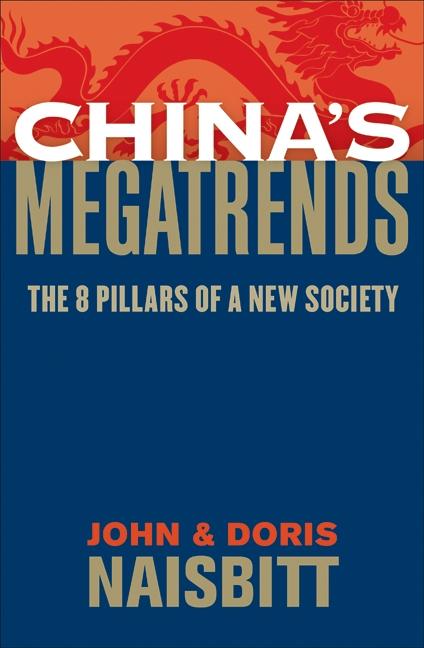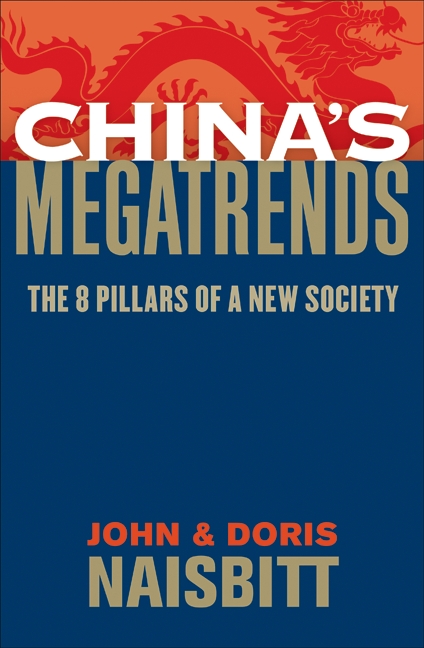Sidney and Beatrice Webb were prominent socialists in the United Kingdom in the late 19th and early 20th centuries. They went to the Soviet Union in 1932 and came back with rave reviews; the gulags weren’t on their radar.
A book by John and Doris Naisbitt, published in 2010, is like an updated Webb pamphlet, with flashier PR, written for contemporary China rather than communist Russia.
It is probably not worth the brain power to try to understand why otherwise intelligent people allow themselves to be deceived in this manner, but the upshot is that there is little to learn about China from their book. If you wanted to understand the psychology of the utopian, you needn’t spend time on their volume. Go grab Paul Hollander’s Political Pilgrims: Western Intellectuals in Search of the Good Society. You'll actually learn something.
The work is about eight supposed Megatrends (a buzzword previously coined by John Naisbitt) that constitute the “pillars of a new society” that China and the Chinese Communist Party are supposedly forging. There’s no need to know what they are, except that they all are wrong. The first is “Emancipation of the Mind,” for example. Another is “Artistic and Intellectual Ferment.” Another is “Freedom and Fairness.” You get the idea.







